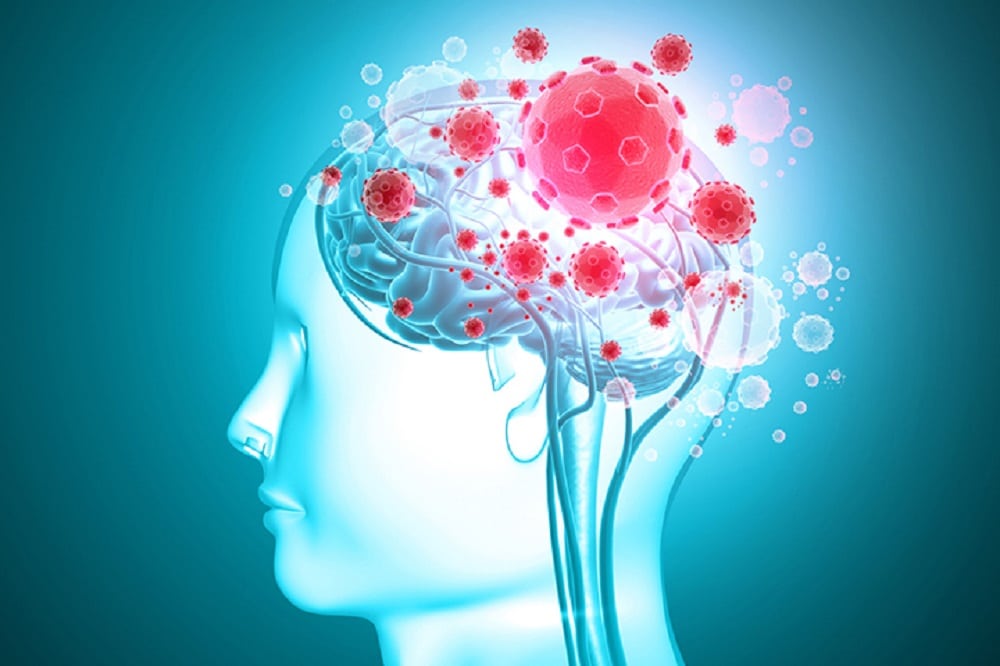Scientists at the Louisiana State University (LSU) have found that Coronavirus infects two types of brain cells: astrocytes and neurons, resulting in neurological problems in COVID-19 survivors even after recovering.
Astrocytes perform several key functions in the central nervous system and maintain the semipermeable boundary known as the blood-brain barrier. They also carry nutrients from the bloodstream to neurons and prevent dangerous substances from invading.
ALSO READ
NCOC Doesn’t Want PCB to Host PSL in Karachi
Although COVID-19 is a respiratory infection, its survivors have complained about different problems including memory lapses, fatigue, sluggishness, fuzzy feeling otherwise known as “brain fog.”
Scientists around the world have been trying to determine whether the Coronavirus causes these issues directly by infecting the brain cells or indirectly through inflammation or clotting.
The former is a complex question because it depends on two things. First, whether the Coronavirus can attack the cells of the central nervous system. Second, whether the Coronavirus can gain access to the brain. LSU scientists focused on this tricky proposition by analyzing cells found in the brain and spinal cord to determine their susceptibility to Coronavirus.
SARS-COV-2, the Coronavirus which causes COVID-19 disease, attacks human cells by targeting ACE2 receptors. These receptors are proteins that are found on the surface of different types of cells, including those of the lungs, heart, kidneys, and liver. However, it has been unclear whether cells in the brain and spinal cord even have the ACE2 receptors needed by the Coronavirus to infect the cells.
ALSO READ
Camels and Llamas Can Cure Coronavirus: Research
To find out, LSU scientists first needed to determine whether ACE2 receptors are present in the brain cells and, if so, whether they can be infected. For this, the scientists studied human neural cells and their RNA and proteins to determine the presence of ACE2 receptors which they found in both astrocytes and neurons.
After establishing the presence of ACE2 receptors in brain cells, scientists determined whether SARS-COV-2 can actually infect brain cells.
To do so, scientists used a modified surrogate virus having spike protein, which allows the Coronavirus to unlock the ACE2 receptor and enter a cell. They also included a green fluorescent protein in the modified virus so it can be easily spotted after infecting a cell.
ALSO READ
Pakistani Youngster Dies While Playing Street Cricket at Night [Video]
The scientists released the engineered virus on both astrocytes and neurons and found that SARS-COV-2 can affect both types of brain cells. After invading astrocytes, the Coronavirus easily reached vulnerable neurons and infected them.
These findings explain why many COVID-19 survivors experience neurologic problems, including loss of sense of smell and taste, disorientation, psychosis, and stroke, long after recovering from the viral infection.
The post Scientists Discover What COVID-19 Does to Your Brain appeared first on .


![shoaib-malik-fails-to-recognize-sania-mirza-[video]](https://news.masscommunicationtalk.com/wp-content/uploads/2021/05/2062398/shoaib-malik-fails-to-recognize-sania-mirza-video-150x150.png)